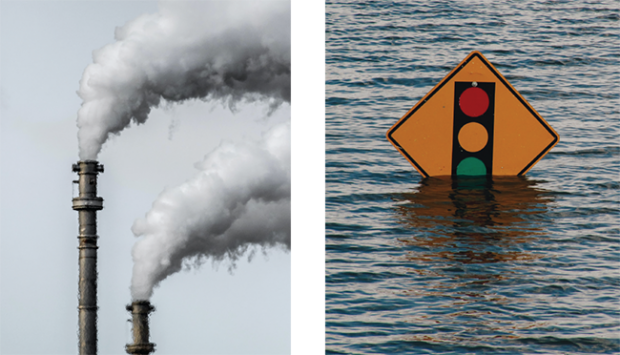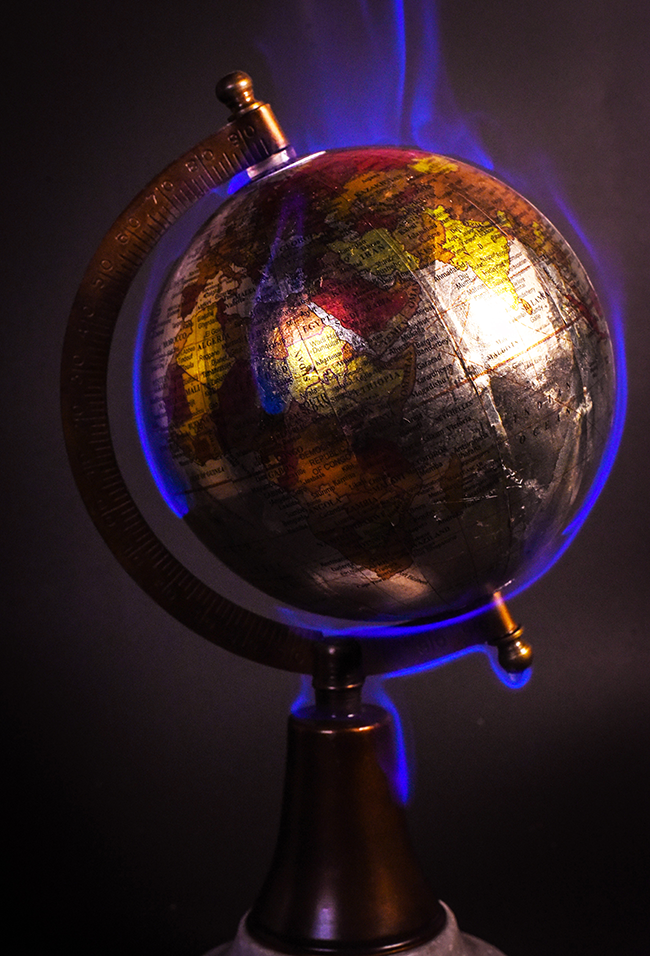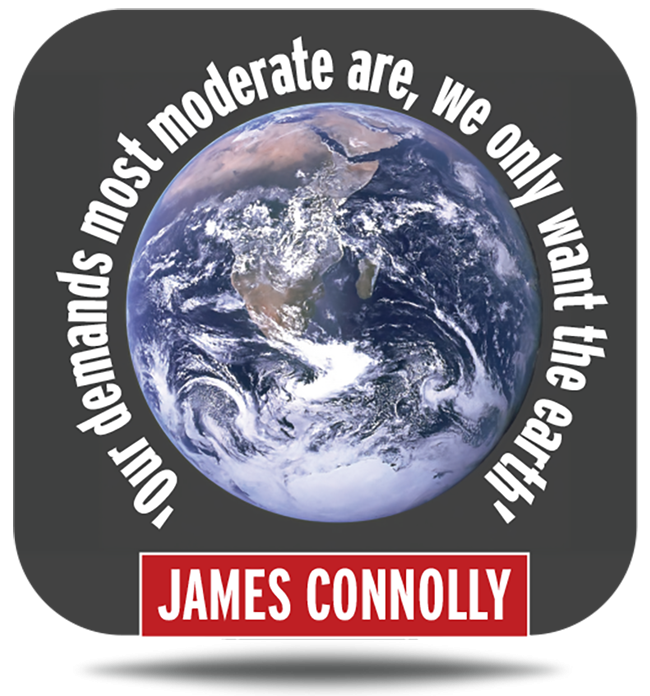4 August 2022 Edition
We need to lead on the climate change emergency

The climate change emergency is the biggest crisis facing humanity. When the Sinn Féin constitution was updated in 2005, it included in its objectives a commitment to “promote cultural diversity, sustainable development, and environmental responsibility through national policy and international co-operation and solidarity” (Bunreacht Shinn Féin, Objectives 3j).
The party’s discussion document ‘Climate Justice and a Just Transition’ was published in 2019 and includes the following:
“Without a government policy that is framed by climate justice and a just transition, the leadership and direction of climate action will become the plaything of bankers and corporate investors. They will be concerned with only one thing: how to make a buck out of the crisis. That is what they do, it is in their nature, and it is killing the planet.
“We cannot allow corporate interests to push false solutions and misleading definitions on us, dumping the cost of climate action onto the shoulders of ordinary communities the same way they dumped the cost of global warming and pollution. ‘As is always the case’ the UN Secretary-General António Guterres recently said in relation to global warming, ‘the poor and vulnerable are the first to suffer and the worst hit’.
“Sinn Féin is committed to climate justice and a just transition for Ireland, north and south. This means a fairer and more democratic society, one which protects workers’ rights and empowers communities with more input and control over their future.”

So far, so good. But how many of us have read the climate change policy document, let alone promoted it more broadly? I will admit that until recently I had not done so. How often do we discuss the climate emergency that threatens the future of all of us, raising the prospect of a planet uninhabitable for our children?
Part of the problem is that political discussion of the climate emergency is so often narrowed down to soundbite urban vs rural ‘debates’, with news media eager to pitch some Green minister against some independent TD purporting to speak for the whole of Ireland outside Dublin. Cap-wearing rural-dwellers vs hipster city cyclists. In other words, cartoon politics. Seldom is the breadth and depth of the crisis, and its massive implications, adequately addressed.
Take public transport. This has been narrowed down to rows over the location of cycle lanes when what is needed is a huge reduction globally and locally in emissions and a mass switch, in a short time, away from the private car, and to public transport. Yet, the Irish state is still underinvesting in public transport.
Despite a reasonably good system in Dublin, there are still far too many car journeys there and yet Government and Gardaí refuse to put in place public transport police to make it safer for passengers, as recommended by the transport unions. Reduction of fares has been welcome but more radical action is needed, including free public transport in the cities as happens in some European countries.

Other cities such as Cork and Galway lag far behind Dublin in public transport infrastructure. And outside the cities, public transport hardly exists at all. The scattered nature of settlement patterns in Ireland makes this a challenge, but it must be met. Simply telling people to get electric cars is not enough and is beyond affordability for most.
To what extent have we thought out all the implications of the climate emergency for Irish agriculture, industry, housing, tourism? For Irish Unity? This is the context of all governance and all policymaking now.
It cannot be left to neo-liberal governments in cahoots with the very global forces and financial interests that contribute to global warming. Progressive global alliances for a just transition need to be developed and Ireland should be at the centre of such a movement.
All sectors of the economy and society, nationally and globally, have to make their fair contribution in this effort. The bottom line has to be what will work and what is fair. Sectional lobbies and special interest groups must take a back seat and must not be allowed to determine national actions as part of the global response.
As the largest political party in Ireland and the progressive government in prospect, Sinn Féin needs to think climate, act climate, and take the lead on this most vital issue. The crisis gives renewed relevance to James Connolly’s famous call: “Our demands most moderate are, we only want the earth.” That is no longer vague aspiration, it is urgent necessity. It is time for Sinn Féin to do what it does best and to mobilise to make change happen.
• Mícheál Mac Donncha has been a Dublin City councillor for Sinn Féin since 2011




